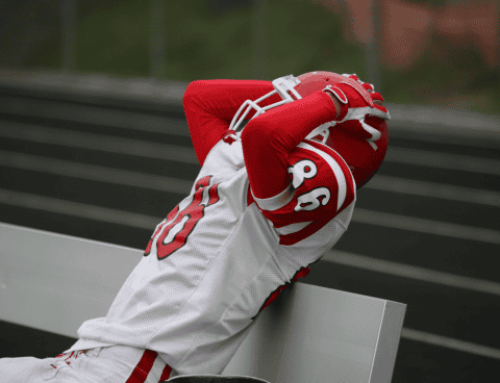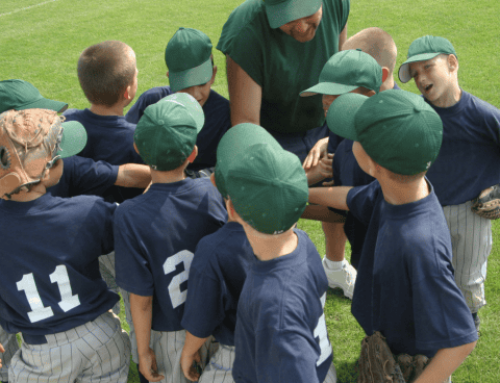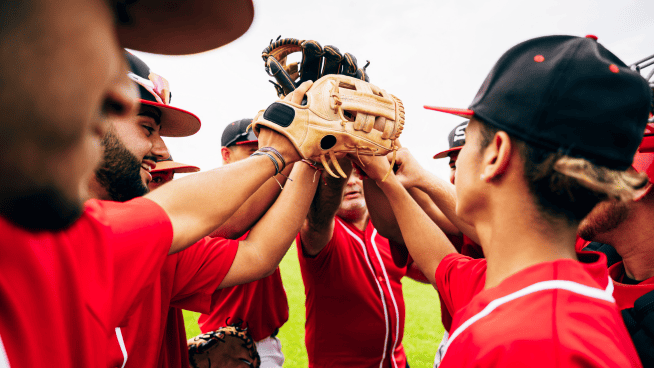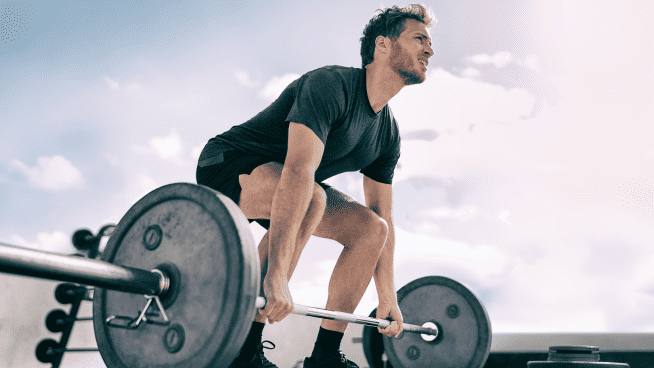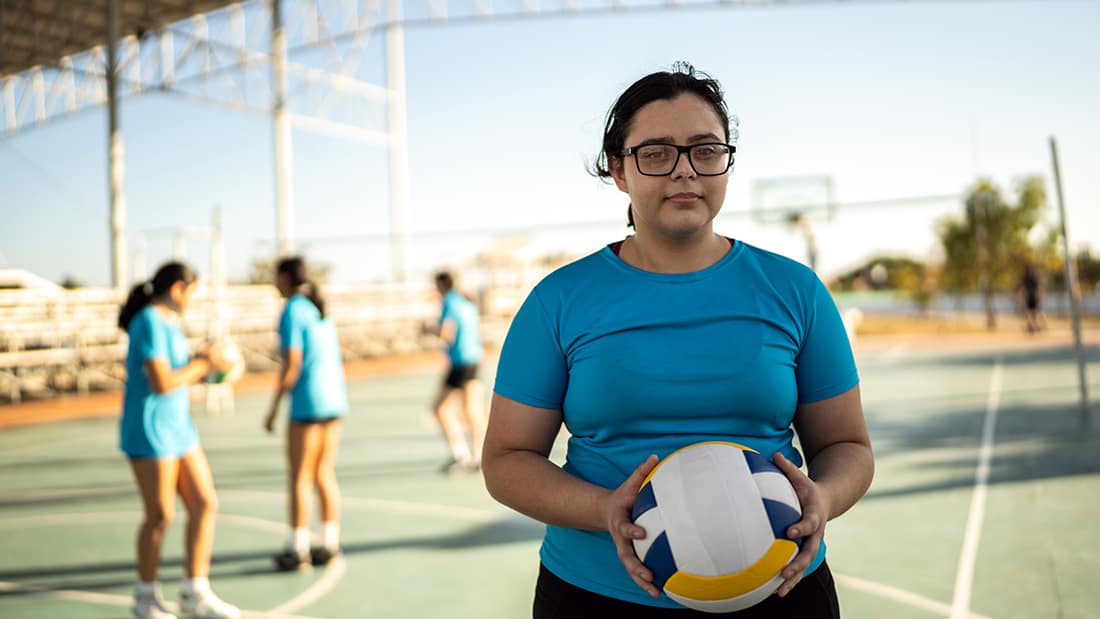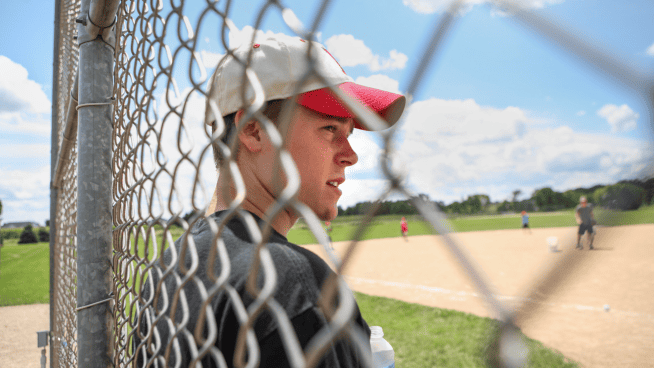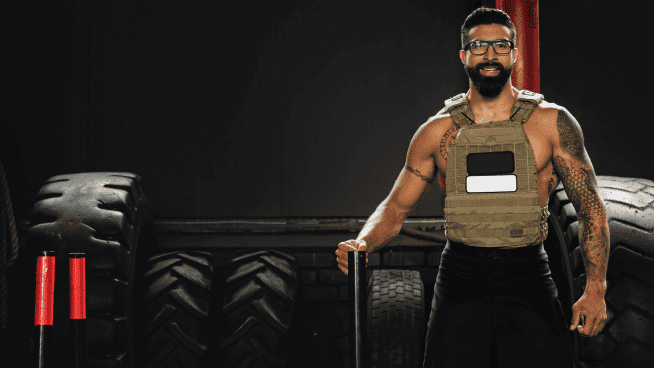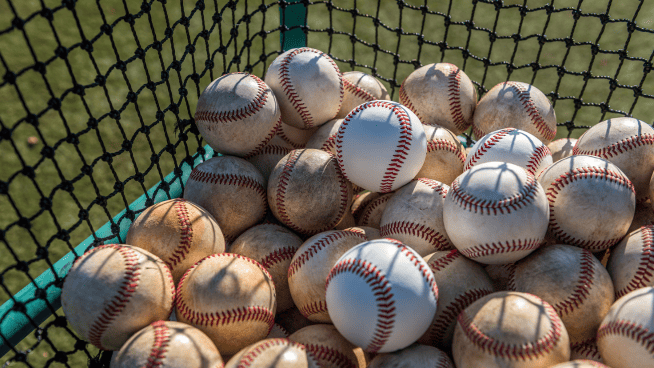Resources to Help Prevent Abuse and Misconduct in Sport
Headlines covering abuse and misconduct in sport can seem too big, too daunting. Where do we turn for answers? How do we become part of the solution?
The U.S. Center for SafeSport can help. The Center was established to develop accountability through national SafeSport® policies and abuse prevention education on emotional, physical, and sexual abuse and misconduct within the Olympic and Paralympic Movement. With a mission to support athlete well-being and to end abuse in sport, the Center developed in-depth resources and tools so everyone can learn to create safer sport settings.
One such policy is the Minor Athlete Abuse Prevention Policies, or MAAPP. When implemented by teams or sport and recreational organizations, the MAAPP sets protocols that limit one-on-one adult/minor interactions, among other safeguards. The MAAPP toolkit has dozens of resources in multiple languages dedicated to the protection of minor athletes. These resources are adapted for all sport participants and roles including parents, coaches, administrators, and volunteers.
The new Emotional & Physical Abuse & Misconduct Toolkit defines specific examples of bullying, hazing, and harassment and includes facts on what is considered physical misconduct. The toolkit explores powerful subject matter such as the coach and athlete relationship, trauma-informed coaching, and bystander intervention and provides guidance on ways to prevent, recognize and respond to abuse.
Join us in building a safe and affirming sport environment for all athletes. Sign up for our quarterly newsletter, “The Gameplan,” and other featured content, and follow us on Facebook, LinkedIn, and YouTube.
Visit uscenterforsafesport.org to learn more.
The U.S. Center for SafeSport is a nonprofit organization created to respond to and prevent sexual, physical, and emotional abuse in the U.S. Olympic and Paralympic Movement, from which it is independent. The Center also trains and educates people and organizations at all levels to support sport and recreation settings across America that protect athlete well-being.
RECOMMENDED FOR YOU
MOST POPULAR
Resources to Help Prevent Abuse and Misconduct in Sport
Headlines covering abuse and misconduct in sport can seem too big, too daunting. Where do we turn for answers? How do we become part of the solution?
The U.S. Center for SafeSport can help. The Center was established to develop accountability through national SafeSport® policies and abuse prevention education on emotional, physical, and sexual abuse and misconduct within the Olympic and Paralympic Movement. With a mission to support athlete well-being and to end abuse in sport, the Center developed in-depth resources and tools so everyone can learn to create safer sport settings.
One such policy is the Minor Athlete Abuse Prevention Policies, or MAAPP. When implemented by teams or sport and recreational organizations, the MAAPP sets protocols that limit one-on-one adult/minor interactions, among other safeguards. The MAAPP toolkit has dozens of resources in multiple languages dedicated to the protection of minor athletes. These resources are adapted for all sport participants and roles including parents, coaches, administrators, and volunteers.
The new Emotional & Physical Abuse & Misconduct Toolkit defines specific examples of bullying, hazing, and harassment and includes facts on what is considered physical misconduct. The toolkit explores powerful subject matter such as the coach and athlete relationship, trauma-informed coaching, and bystander intervention and provides guidance on ways to prevent, recognize and respond to abuse.
Join us in building a safe and affirming sport environment for all athletes. Sign up for our quarterly newsletter, “The Gameplan,” and other featured content, and follow us on Facebook, LinkedIn, and YouTube.
Visit uscenterforsafesport.org to learn more.
The U.S. Center for SafeSport is a nonprofit organization created to respond to and prevent sexual, physical, and emotional abuse in the U.S. Olympic and Paralympic Movement, from which it is independent. The Center also trains and educates people and organizations at all levels to support sport and recreation settings across America that protect athlete well-being.



